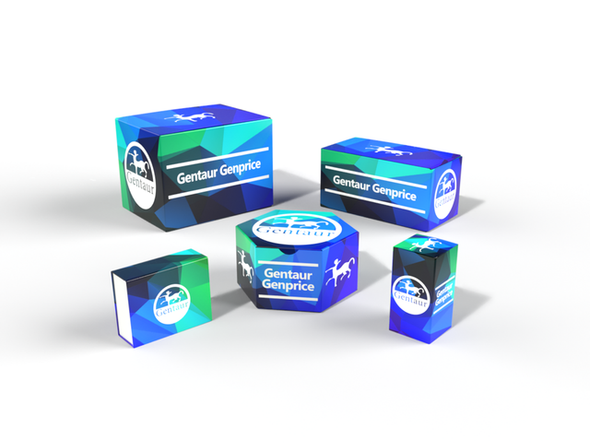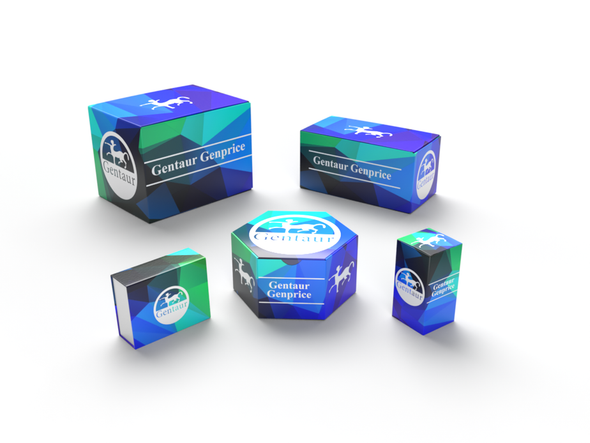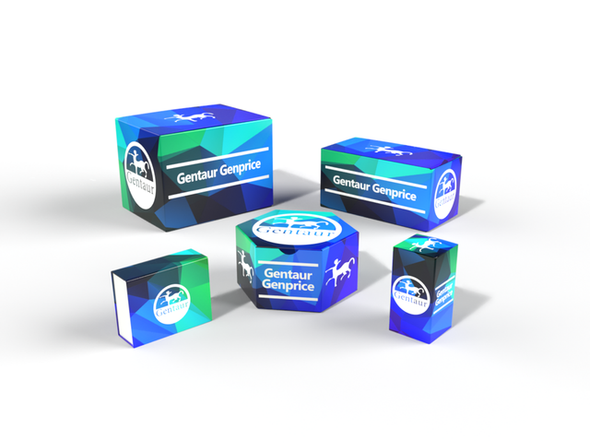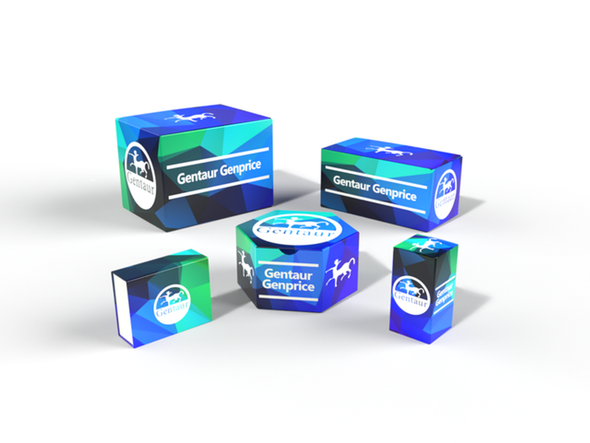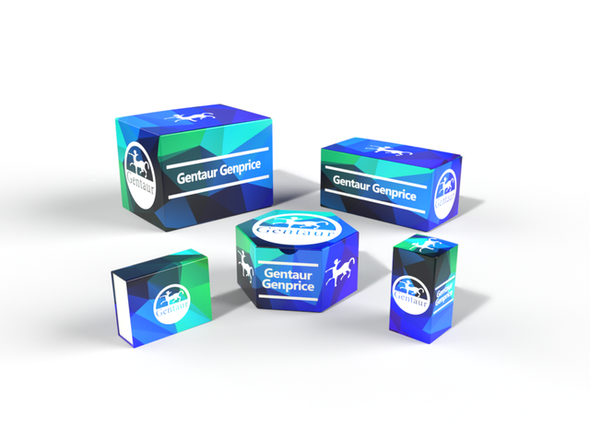BW
GSK3β (S13) polyclonal Antibody | BS1157
- SKU:
- BW-BS1157
- Availability:
- Usually ships in 5 working days
Description
GSK3β (S13) polyclonal Antibody | BS1157 | Gentaur UK, US & Europe Distribution
Host: Rabbit
Reactivity: Human,Mouse,Rat
Application: IHC
Application Range: IHC: 1:50~1:200
Background: Glycogen synthase kinase 3, or GSK-3, is a serine/threonine, proline-directed kinase involved in a diverse array of signaling pathways, including glycogen synthesis and cellular adhesion, and has been implicated in Alzheimer’s disease. Two forms of GSK-3, designated GSK-3α and GSK-3β, have been identified and differ in their subcellular localization. Tau, a microtubule-binding protein which serves to stabilize microtubules in growing axons, is found to be hyper-phosphorylated in paired helical filaments (PHF), the major fibrous component of neurofibrillary lesions associated with Alzheimer’s disease. Hyperphosphorylation of Tau is thought to be the critical event leading to the assembly of PHF. Six Tau protein isoforms have been identified, all of which are phosphorylated by GSK-3. This presents the possibility that miscues in GSK-3 signaling contribute to the onset of Alzheimer’s disease.
Storage & Stability: Store at 4°C short term. Aliquot and store at -20°C long term. Avoid freeze-thaw cycles.
Specificity: GSK3β (S2) polyclonal Antibody detects endogenous levels of GSK3β protein.
Molecular Weight: ~ 46 kDa
Note: For research use only, not for use in diagnostic procedure.
Alternative Names: Glycogen Synthase Kinase 3 Beta; Glycogen synthase kinase-3 beta; GSK 3 beta; GSK-3 beta; GSK3B; GSK3B; GSK3beta isoform; Serine/threonine-protein kinase GSK3B;
Immunogen: N/A
Conjugate: Unconjugated
Modification: Unmodification
Purification & Purity: The Antibody was affinity-purified from rabbit antiserum by affinity-chromatography using epitope-specific immunogen and the purity is > 95% (by SDS-PAGE) .
Pathway: Regulation of Microtubule Dynamics,Signaling Pathways Activating p38 MAP Kinase


